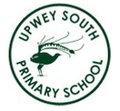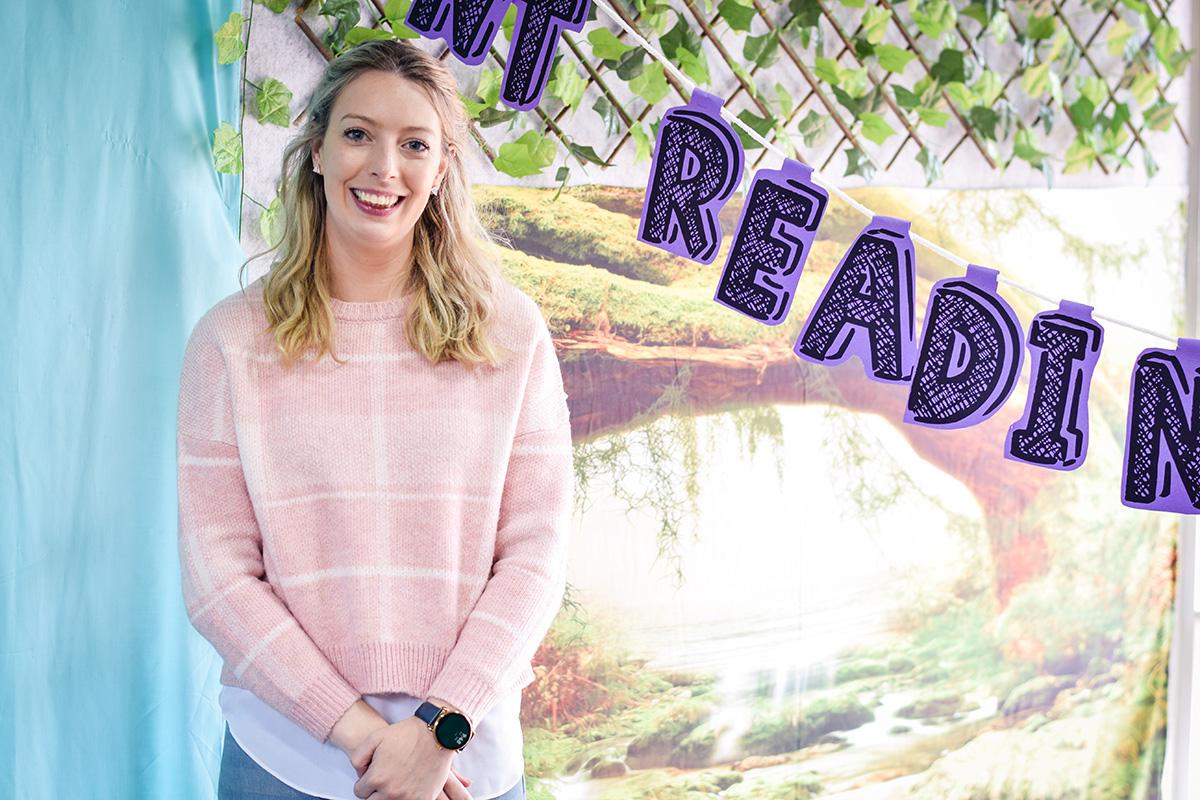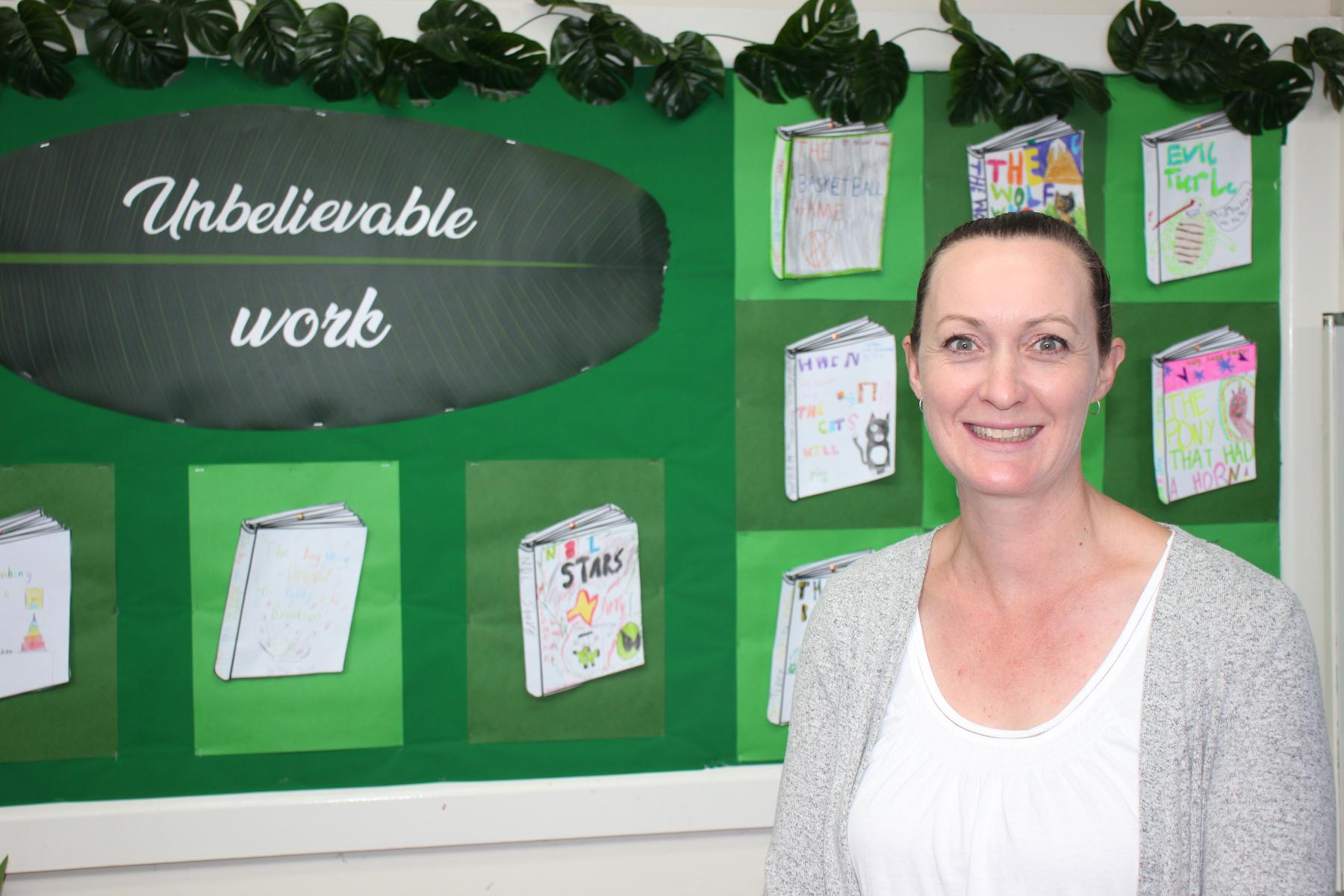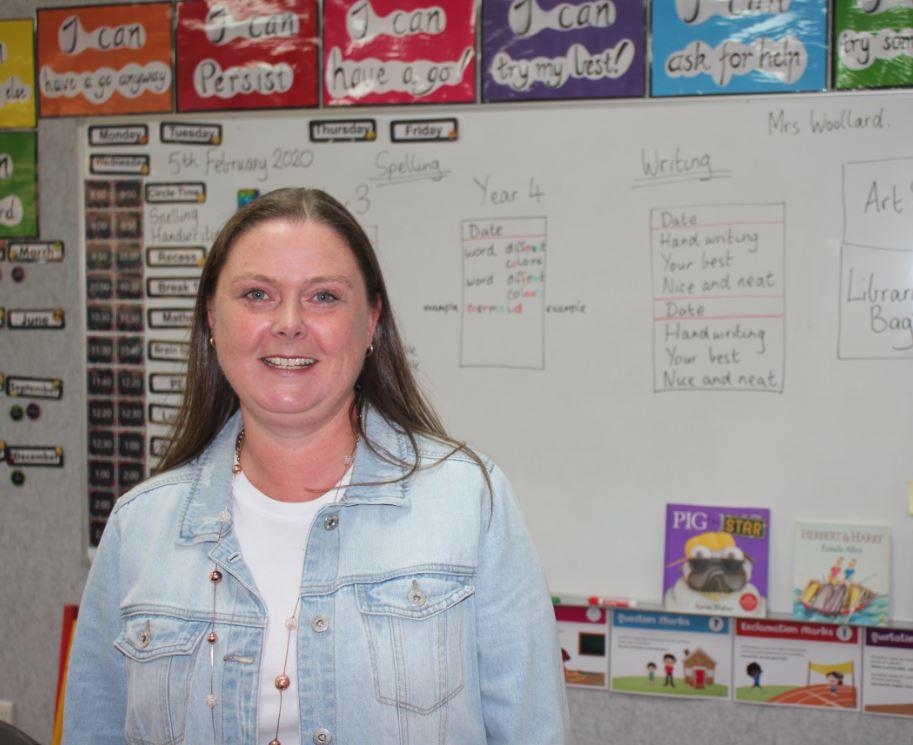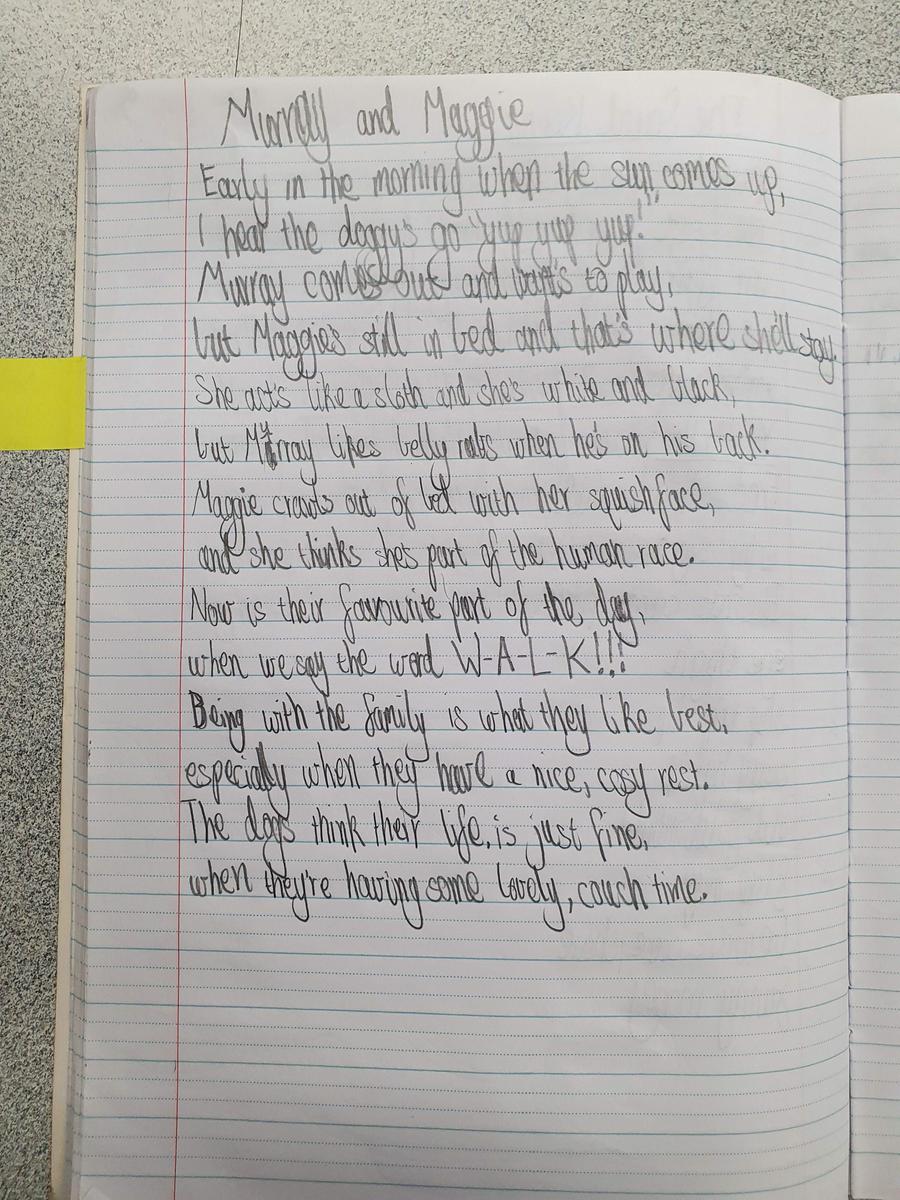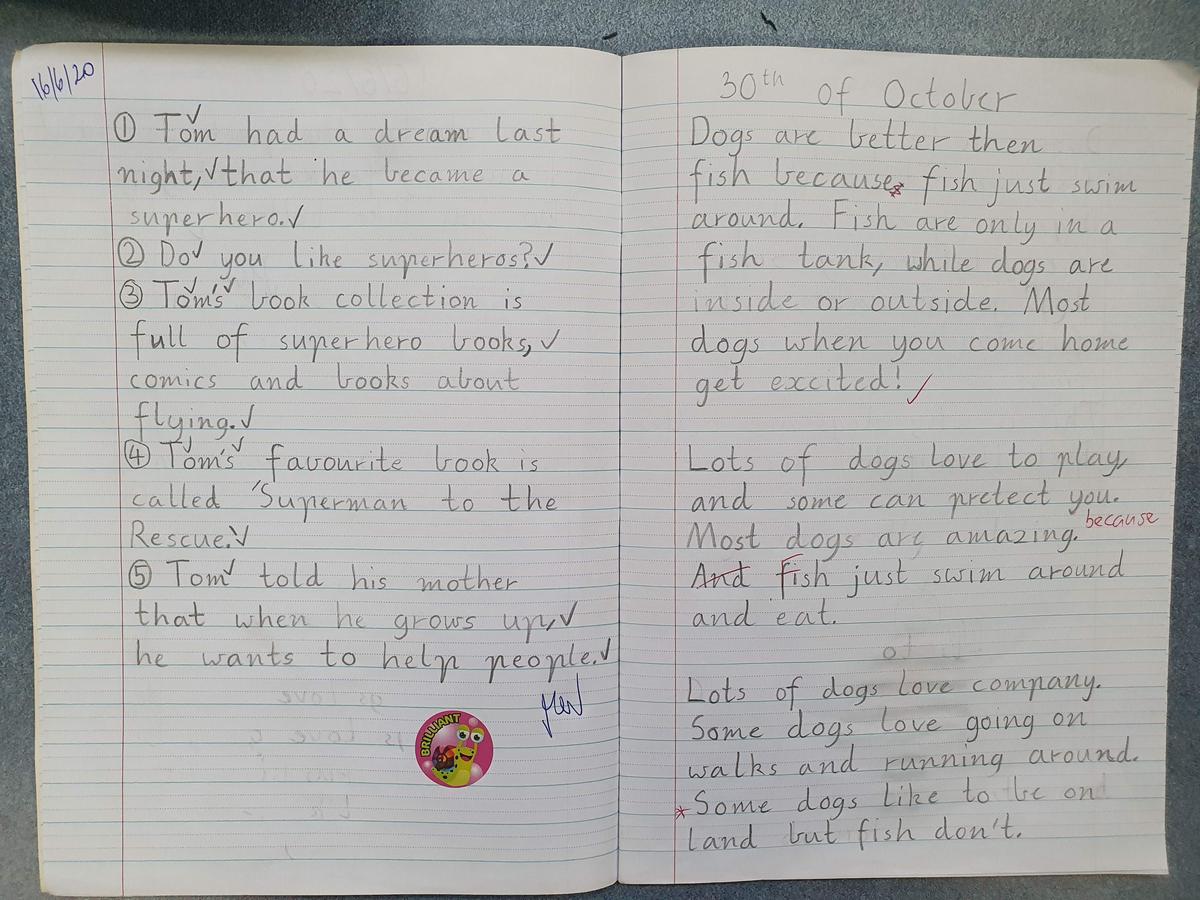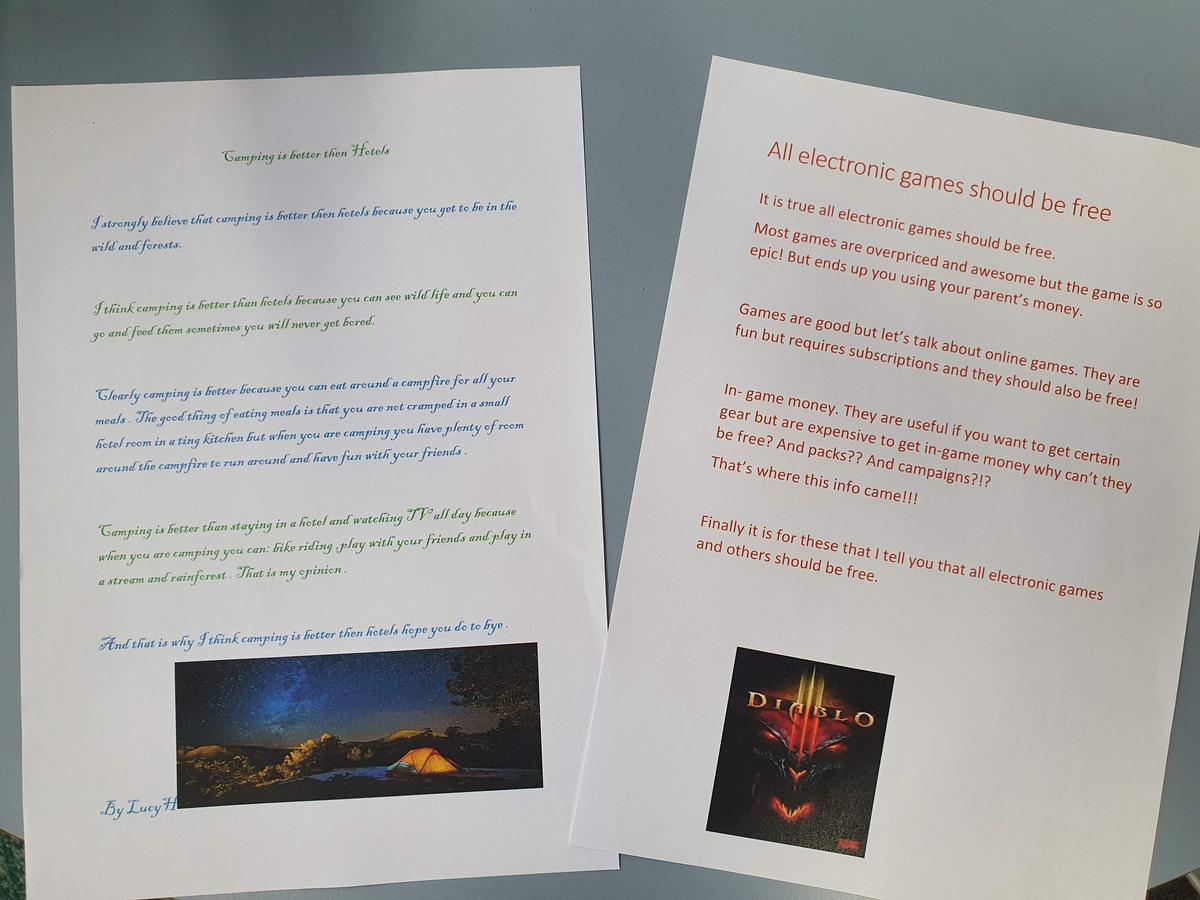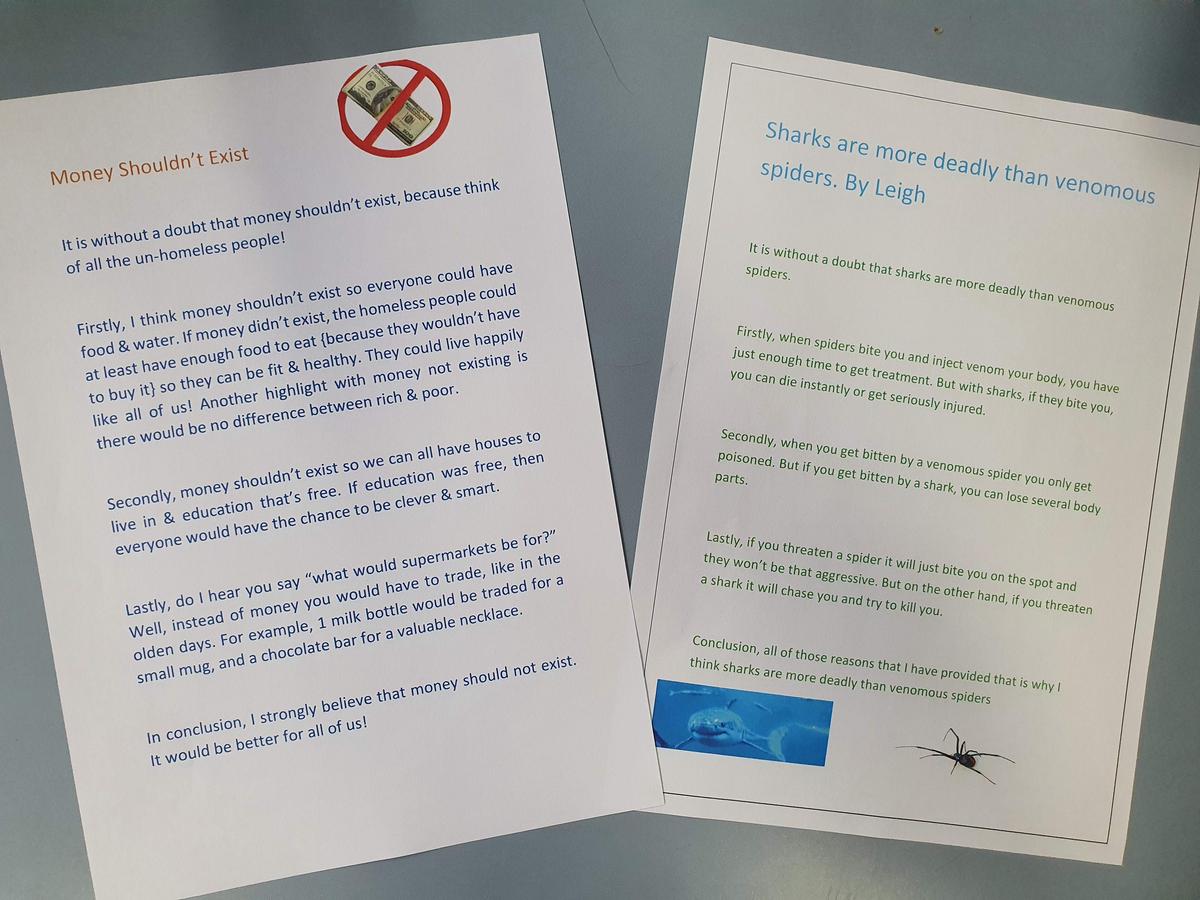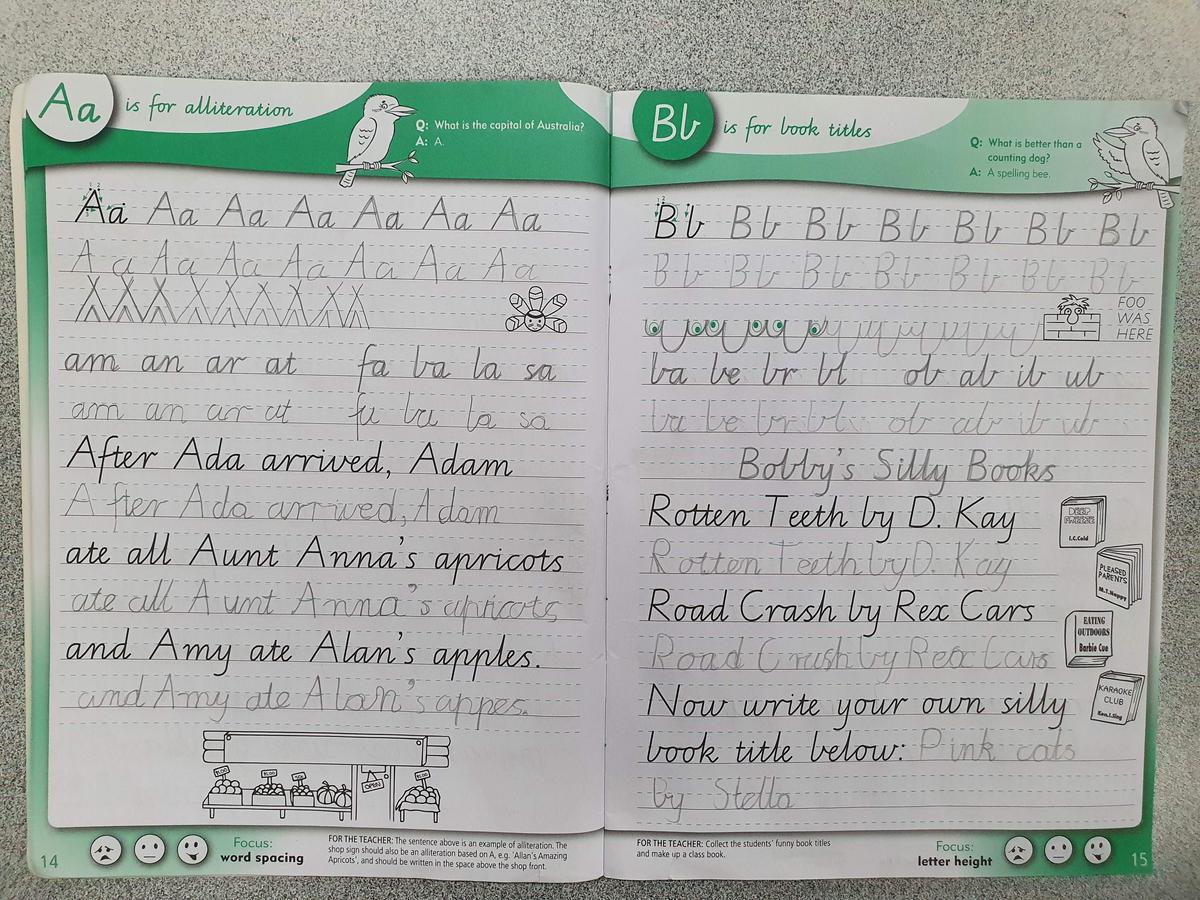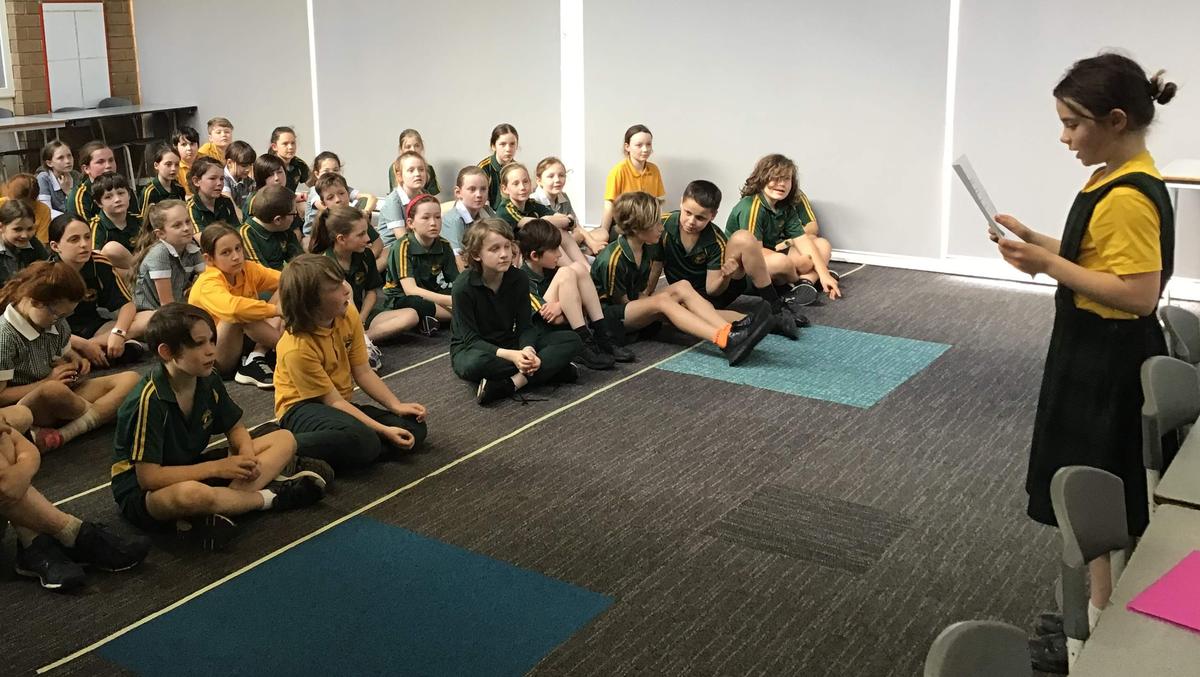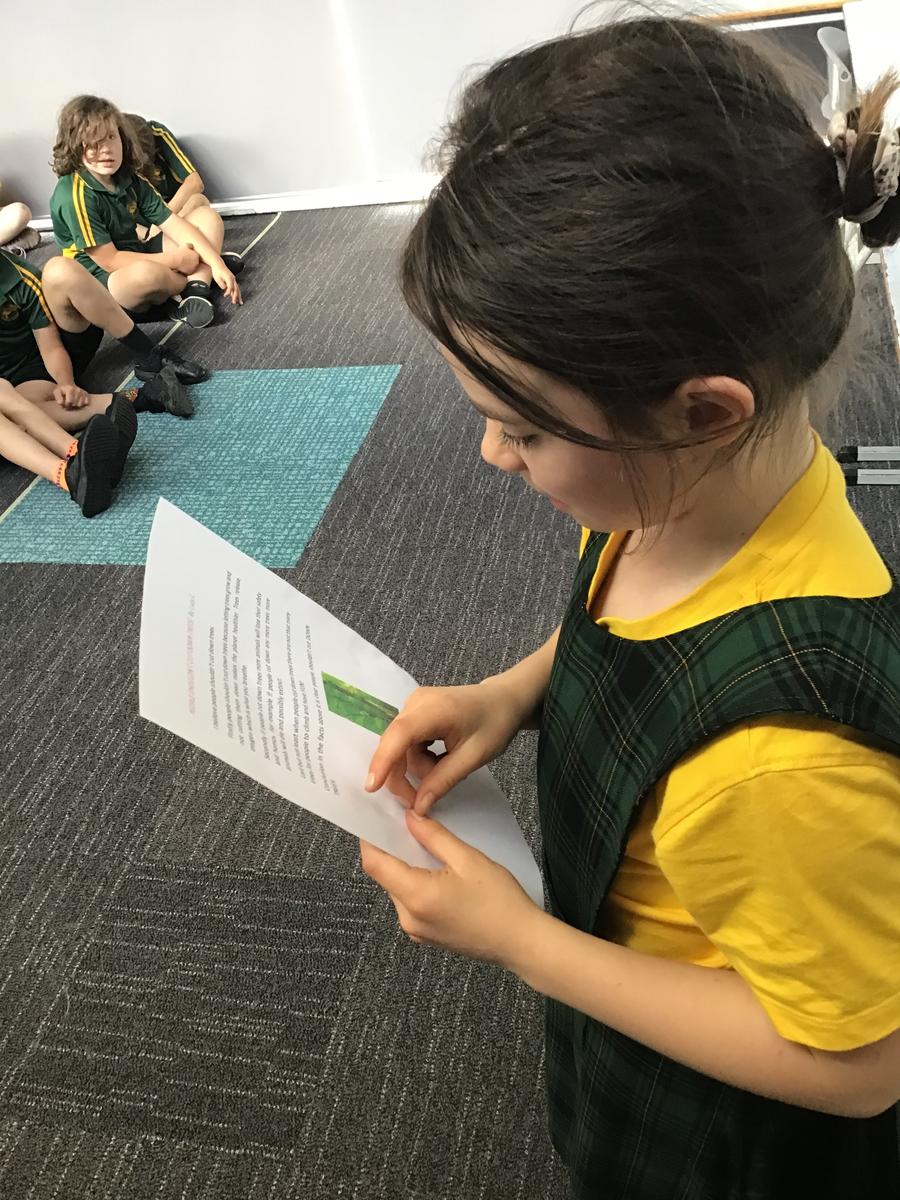Year Three/ Four

Communicating with the Year Three/Four Team
We look forward to partnering with you in 2020, and welcome your input:
Mel Rowe (Class 34A) Melinda.Rowe@education.vic.gov.au
Meghan Henchley (Class 34B) Meghan.Henchley@education.vic.gov.au
Melissa Woollard (Class 34C) Melissa.Woollard@education.vic.gov.au
WRITING IN GRADE THREE AND FOUR
Throughout this semester, students have been learning about a wide variety of writing genres. Some of these have included poetry, narratives, information reports, persuasive and autobiographies. Students really enjoyed writing about an 'Abandoned Place' as a focus in their recent narratives and enjoyed persuading each other in their recent persuasive pieces.
- Do you think recess breaks should be longer?
- Should all food at grocery stores be free?
It is imperative that when a writing genre is introduced, we examine its purpose.
- Who would write in this style?
- Who is the intended audience?
- What are the features of this genre?
As a class, we explore many examples of a given genre through both media and print . We examine the key features of the text and write some examples together as a class. Students are then guided through the planning, drafting, editing and publishing stages of writing.
THE STAGES OF WRITING
PLANNING
Using either a pro forma or a blank piece of paper, students write down their ideas in dot points. When planning a persuasive for example, a pro forma similar to the one shown is used.
Students write down their opinion as well as three reasons and examples.
DRAFTING
Students use their plan as a guide to write their piece of work. The aim is to write a well structured piece of work that flows, makes sense and meets the intended purpose. Students try to write in detailed sentences with plausible attempts at spelling unknown or unfamiliar words. It is important that students use paragraphs to separate different parts of their writing piece. They use familiar punctuation and attempt to use some more complex punctuation such as speech marks, exclamation marks and commas.
EDITING
Once the student has completed their piece of writing, it is time to read it out loud and check:
- Does it make sense?
- Are there any missing words from sentences?
- Are there any words that are not spelled correctly?
- Have I used punctuation correctly?
- Have I used paragraphs correctly?
- Can I make my writing more interesting by using more complex language or words?
- Does my writing fit its intended purpose?
PUBLISHING
Once the editing process is complete, it is time to move on to the publishing stage. Not all pieces of work are published as this can be quite a time consuming task. Publishing can be in the form of either written or digital. We tend to find that students really enjoy publishing their work using digital technologies. It is a great chance to gain speed in their typing and give students the ability to explore fonts, colours, headings and so on.
HANDWRITING
Our students have be working hard to make sure their letters are formed correctly, starting at the correct starting point and are the correct shape and size. Once this is perfected, we move on to joined writing. This term we started to use the handwriting books. Well done to everyone on trying hard to use the correct joins between letters as well as some tricky aspects such as speed loops. The Grade Four students are looking forward to completing a handwriting task to see whether they can gain their pen license.
CELEBRATION OF WRITING
Writing pieces are celebrated in a variety of ways. Some students enjoy reading their piece of work to their own class or are brave enough to read their work in front of the whole grade three and four cohort during level assemblies. Students enjoy reading the work of their peers and also love seeing their published pieces on display.
Upcoming Important Dates
- Monday 9th November - Professional Practice Day - Looking at current assessment data to plan and inform our teaching Justin Scicluna, Penelope Lang and Alexandra Jones will be teaching the classes on this day
- Friday 20th November - Assessment and Data collection day Justin Scicluna and Penelope Lang will be timetabled to teach the classes throughout the day.
